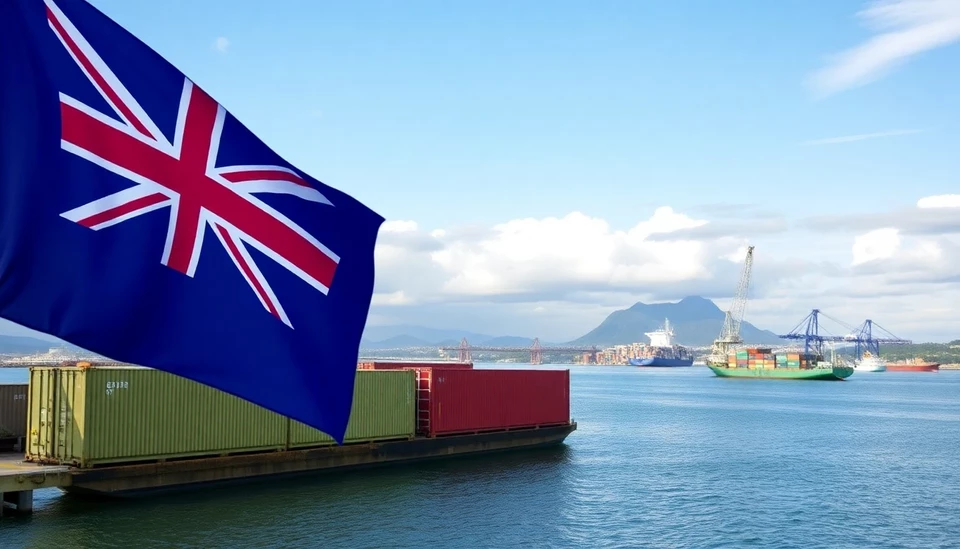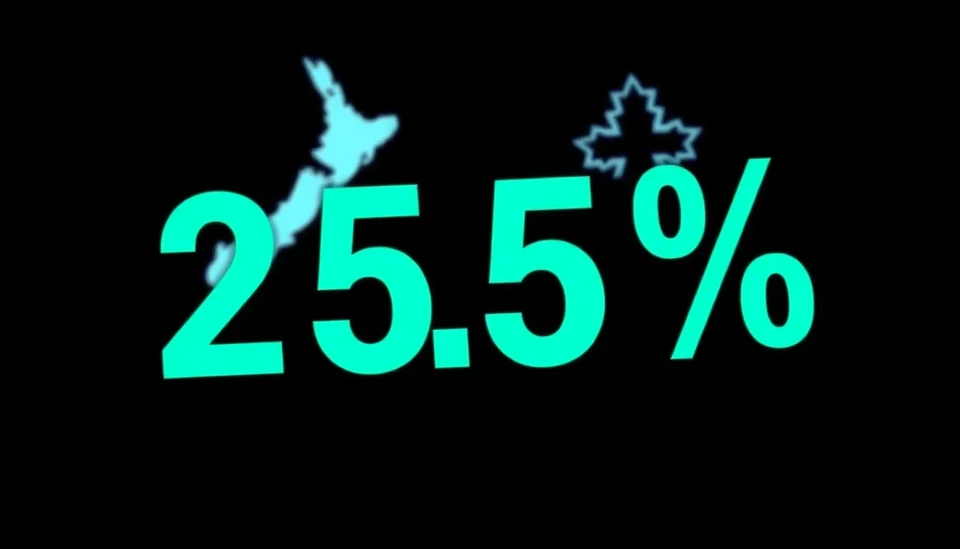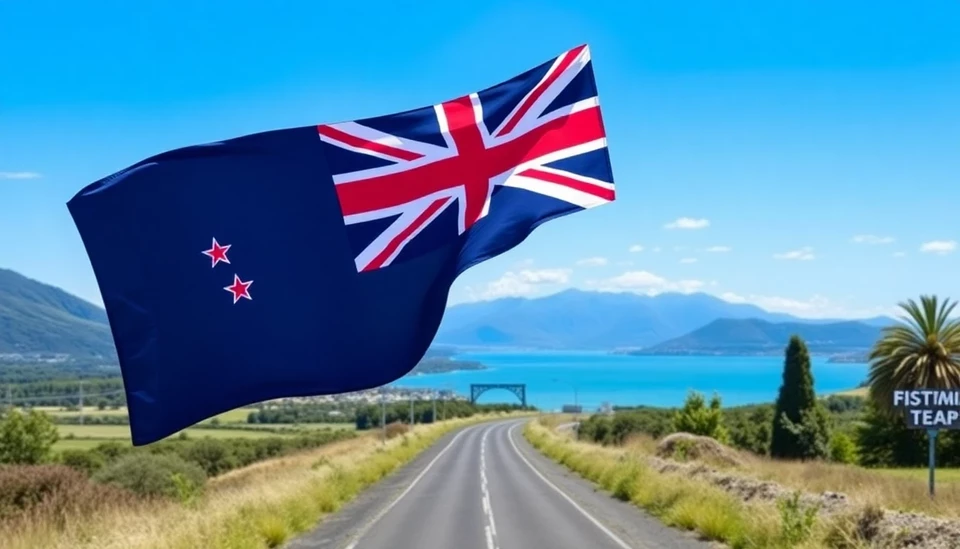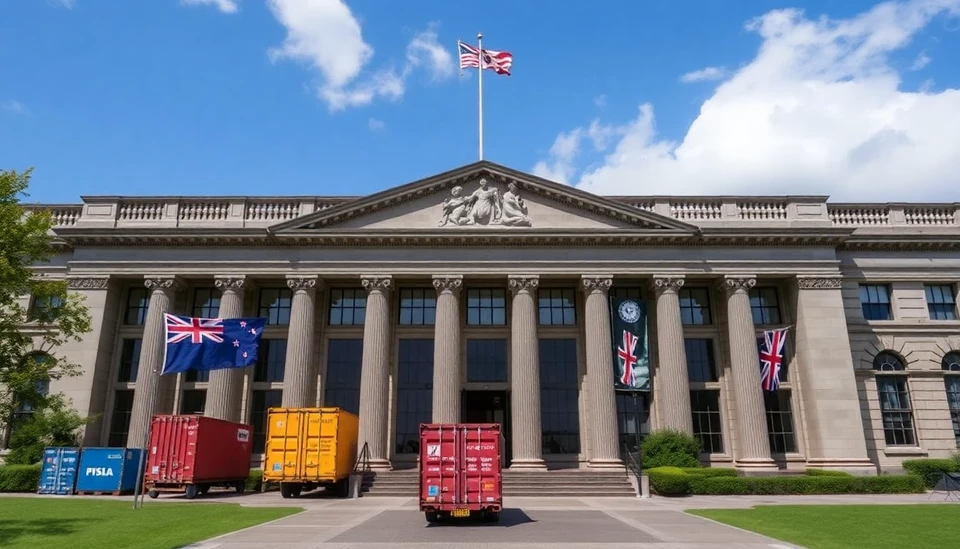
In a strategic move to bolster its economic standing and counteract growing international tariffs, New Zealand has proposed the establishment of a rules-based trading bloc. This initiative aims to create a framework that promotes fair trade practices and enhances cooperation among participating nations, amidst a backdrop of escalating trade tensions globally.
The proposal comes as countries grapple with the aftereffects of increased tariffs and trade barriers, which have disrupted global supply chains and affected economic stability. New Zealand's government is particularly keen on fostering an environment that not only mitigates these challenges but also encourages collaborative growth across the Pacific region and beyond.
The envisioned trading bloc is positioned as a response to the aggressive protectionist measures that have become more prevalent in recent years. As countries reassess their trade policies, New Zealand aims to lead by example, advocating for transparent regulations and fair competition. The envisioned bloc would emphasize mutual benefit and equitable relationships among its members, safeguarding against arbitrary tariffs that have marred international trade practices.
Prime Minister Chris Hipkins has been vocal about the necessity of this trading framework, emphasizing its potential to create stability and predictability in trade. According to Hipkins, establishing clear rules would not only benefit the participating nations but also protect smaller economies that are often disproportionately affected by unilateral trade decisions made by larger powers.
Furthermore, New Zealand's push for such a trading arrangement aligns with its broader commitment to multilateralism and regional cooperation. By spearheading this initiative, the country seeks to reaffirm its role as a significant player in international affairs, especially following a period marked by fluctuating global dynamics and uncertainties brought about by geopolitical tensions.
Officials from New Zealand are actively seeking to engage with potential partners to outline the framework of this proposed bloc. Discussions are expected to revolve around key trade principles, logistical considerations, and mechanisms for dispute resolution, ensuring that all involved parties benefit from the arrangement.
The response to New Zealand's proposal has been cautiously optimistic among trade experts, who recognize the need for cohesive action against rising tariffs. While some nations remain hesitant, citing concerns over sovereignty and trade imbalances, others may see the potential for enhanced economic engagement and diversified markets as a motivational factor to join.
As the initiative gains traction, it is poised to spark important dialogues on the future of global trade and the role of emerging economies like New Zealand in shaping the geopolitical landscape. The next steps will involve detailed negotiations aimed at solidifying commitments and operationalizing the proposed rules-based trading bloc.
In conclusion, New Zealand's proactive approach in fostering a rules-based trading environment is a significant step towards addressing the challenges posed by rising tariffs. By advocating for a cooperative framework, New Zealand hopes to mitigate trade disruptions and emphasize the importance of equitable trade relationships in an increasingly fractured international trading system.
As this initiative unfolds, all eyes will be on New Zealand to see how it navigates the complexities of international trade relations and its commitment to fostering a fair and collaborative global economy.
#NewZealand #TradeBloc #GlobalEconomy #Tariffs #InternationalTrade #EconomicPolicy #Cooperation #PacificRegion
Author: Daniel Foster




